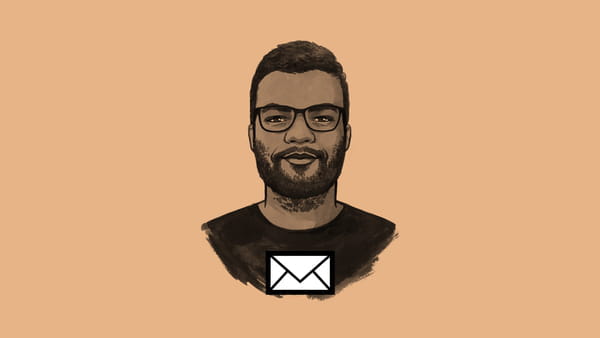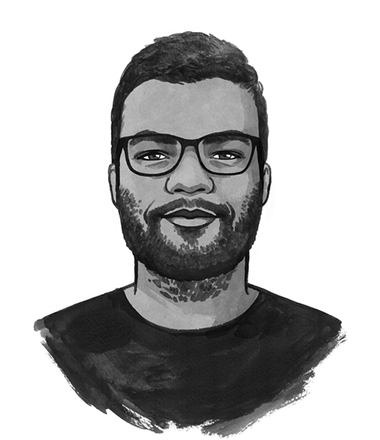Hi,
I’ll keep it brief today. I want to ask you all a question that’s been bothering me for the past couple of days.
I recently listened to a webinar on the role of language during a pandemic. The main theme was this: the language choices around Covid-19 are creating dangerous narratives that could outlive its deadly legacy.
Think of terms like "Covid suspects" or "super spreaders" – dehumanising and loaded with stigma. Or even diametrically opposed terms such as "Corona warriors", seemingly meant to galvanise people against a common threat, but with the effect of pushing frontline workers – "warriors" – to stoically go to war for the rest of humanity at grave personal risk.
It was an excellent conversation featuring three highly accomplished professionals in their respective fields; I highly recommend you watch the recording here.
Of all the questions that the anchor posed to the panelists, I found one particularly fascinating. So much of the distress that the pandemic is causing exists because we know so little about how all this is going to end. We’re desperate to know: "what will happen?". And there’s a lot of crystal ball gazing happening everywhere to try and soothe some of that angst. (Speaking of: I’ll be attempting some crystal ball gazing of my own at a webinar tomorrow; register here if you want to come and have your say.)
But notwithstanding our most educated guesses, the correct answer is: we simply don’t know. Certainty is good for our collective sanity, but at the moment, the pretence of certainty is more damaging than accepting uncertainty.
What kind of language do the people on the frontline – scientists, medical personnel, administrators – need in order to clearly communicate this uncertainty without further breaking public morale?
Soumitra Pathare, an Indian psychiatrist and the director of the Centre for Mental Health Law and Policy, answered this question with a frank and profound critique: science has gotten trapped in an image that suggests, "oh, we know the answer for everything."
In other words, scientists have failed to communicate that at the core of the very method of science – experimentation – is uncertainty. No wonder a crisis like the current one makes everyone (especially people like me, who have no scientific training) jittery, by exposing the limits of human knowledge.
If even the experts who gave the world penicillin and pasteurised milk don’t know for sure, then what hope do we have as a species? Various versions of this question have been swirling in my head.
So here I ask you: what can science (not philosophy or religion) do to effectively communicate uncertainty? What are some of the works on science’s umbilical connection with uncertainty that should be mandatory reading to ease our discomfort with the Great Unknown?
Stay safe, and see you next week.
 Would you like this newsletter sent straight to your inbox?
Subscribe to my weekly newsletter where I dismantle myths around Sanity, discuss the best ideas from our members, and share updates on my journalism.
Would you like this newsletter sent straight to your inbox?
Subscribe to my weekly newsletter where I dismantle myths around Sanity, discuss the best ideas from our members, and share updates on my journalism.

